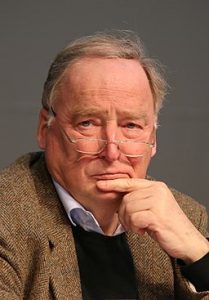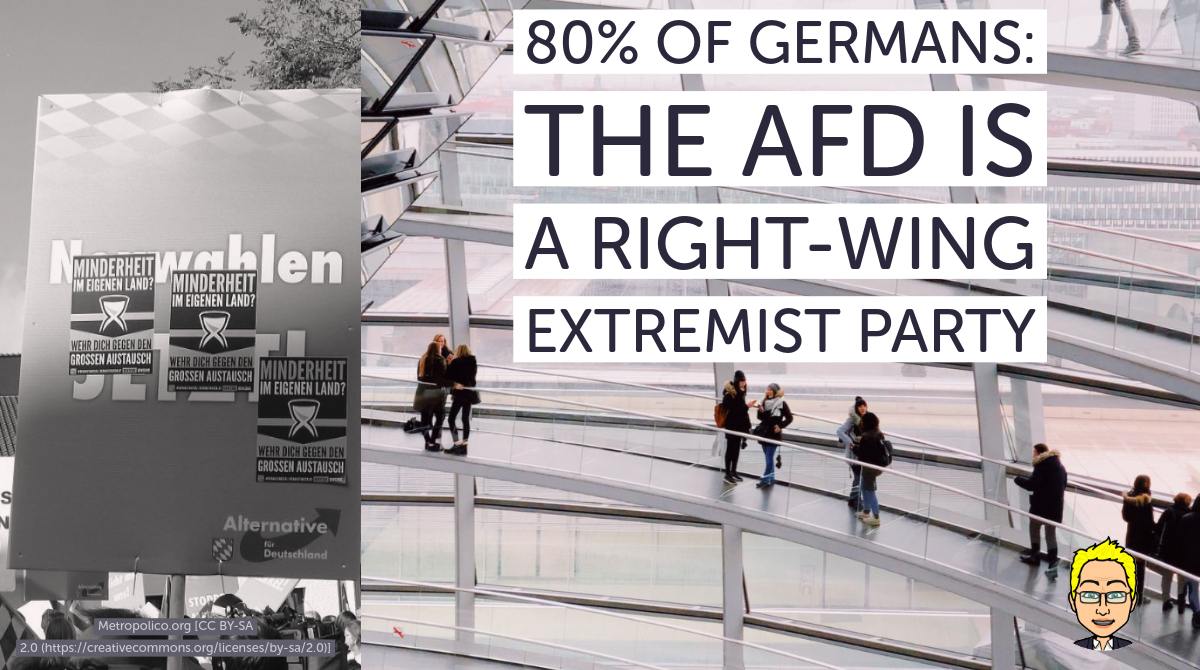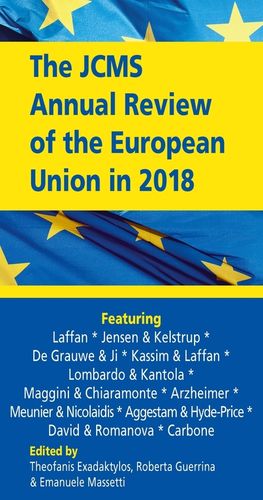For the radical right in Europe, Alternative for Germany is an increasingly unusual case
In a recent paper published in JCMS, I argue that unlike other German far-right parties, the “Alternative for Germany party” (AfD) managed to avoid being associated with Nazism. The strong presence of establishment figures that previously were (or could have been) members of centre-right parties acted as what Elisabeth Ivarsflaten has once called a “reputational shield“. Without such a shield, a party will be branded “fringe” or extremist, and many voters will be reluctant to support it. Also, such parties will find it difficult to recruit competent and presentable would-be politicians – an argument that David Art makes and illustrates in his fabulous study of radical right party activists.
In the JCMS paper, I also look at the trajectory of the Alternative for Germany. The AfD started out as a socially conservative/market radical “professors’ party”, then, within just two years, developed into a (mostly) bog-standard Western European radical right party. What sets the “Alternative” apart from similar parties in Western Europe, however, is its desperate flirt with traditional German right-wing extremism.
Back to the future?
The Front National (now the Rassemblement) recently expelled its founder and long-time leader Jean-Marie Le Pen because the old man would not stop talking about the Holocaust. The Sweden Democrats gave up the uniforms, then had a real purge of the old guard. Other parties like the PVV never had any connection to the old inter-war Extreme Right. And this looked like the way forward for the last couple of decades or so.

80 per cent of Germans are suspicious of the AfD
In the JCMS paper, I suggest that this trajectory, which is fueled by electoral successes in the East and intra-party outbidding for the most outrageous positions, could not just bring legal problems (the offices for the protection of the constitution seem to be set to heighten their scrutiny of the AfD) but also undermine its electoral appeal in the medium term. Lo and behold: in a (very rare) instance of not being completely out of touch with reality, I may have gauged the public mood just right. Today’s Politbarometer poll asked citizens how far right-wing extremist ideas have spread within the AfD. A cool 41 per cent said “far”, and further 39 per cent said “very far”. For comparison, 15 per cent thought these ideas have spread “not very far”, and just two (two!) per cent said that right-wing extremism within the party did not exist. In other words: 80 per cent see Alternative for Germany as a right-wing extremist party.
This dovetails neatly with slightly older polls which show that notwithstanding its national electoral support of 10 to 15 per cent, the AfD is by far the least popular party in Germany. About 80 per cent of voters would never consider voting for them. So far, the main result of the AfD’s ongoing radicalisation is not a collapse of its support, but rather a segmentation of the German party system. If you want to see the future of Germany, look to Flanders (minus the excellent fatty food, the quirky beers, and, well, minus Belgium).
Discover more from kai arzheimer
Subscribe to get the latest posts sent to your email.




Ich bin ein Noob, gab es eigentlich jemals Forschungen über die Netzwerke hinter der AfD,CxU,FDP?
Verbindungen zu Heritage Foundation, The Movement, Danube Institute, von Finck, Deutschen Kurier, von Finck, Klatten, Quandt,
Hoffentlich werden sie bald verboten.
RT @kai_arzheimer: A vast majority of Germans sees the #AfD as a right-wing extremist party https://t.co/kh6zF5YXun
RT @kai_arzheimer: In honour of of this weekend’s #AfD party conference, I wrote something about something buried in the depths of the late…